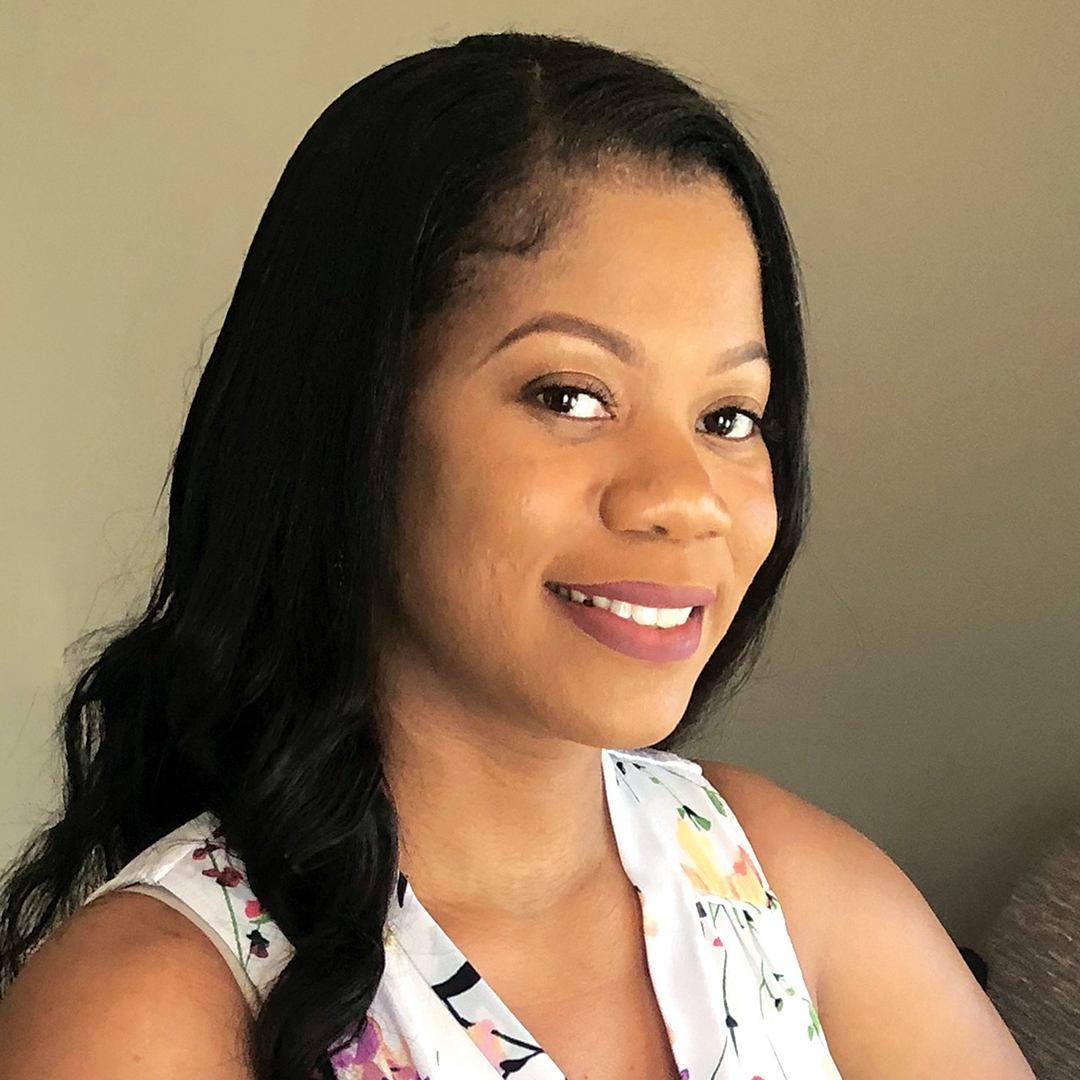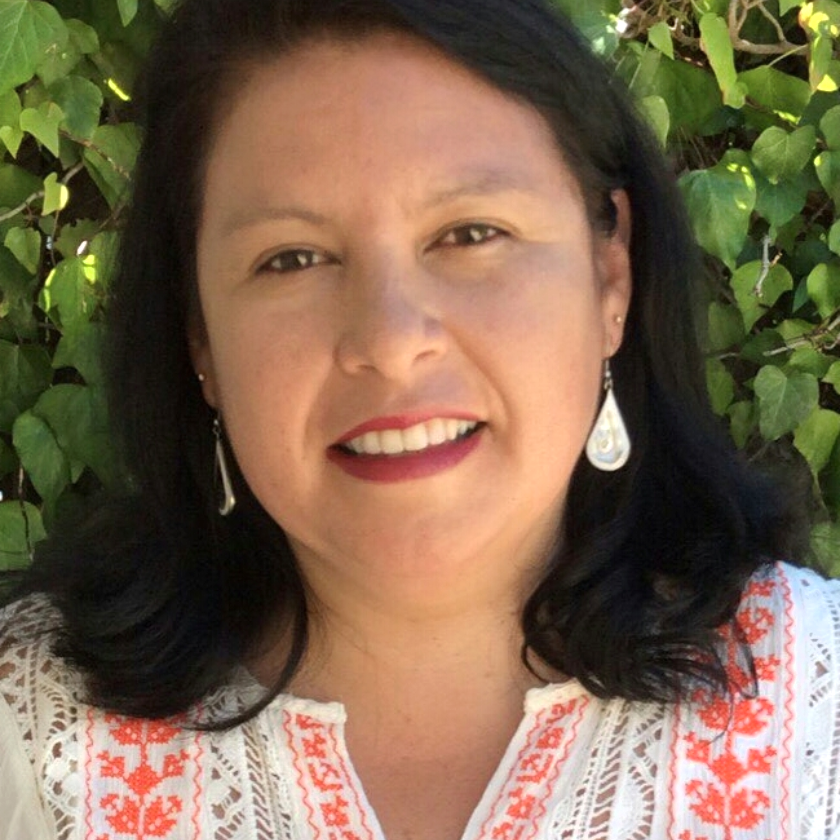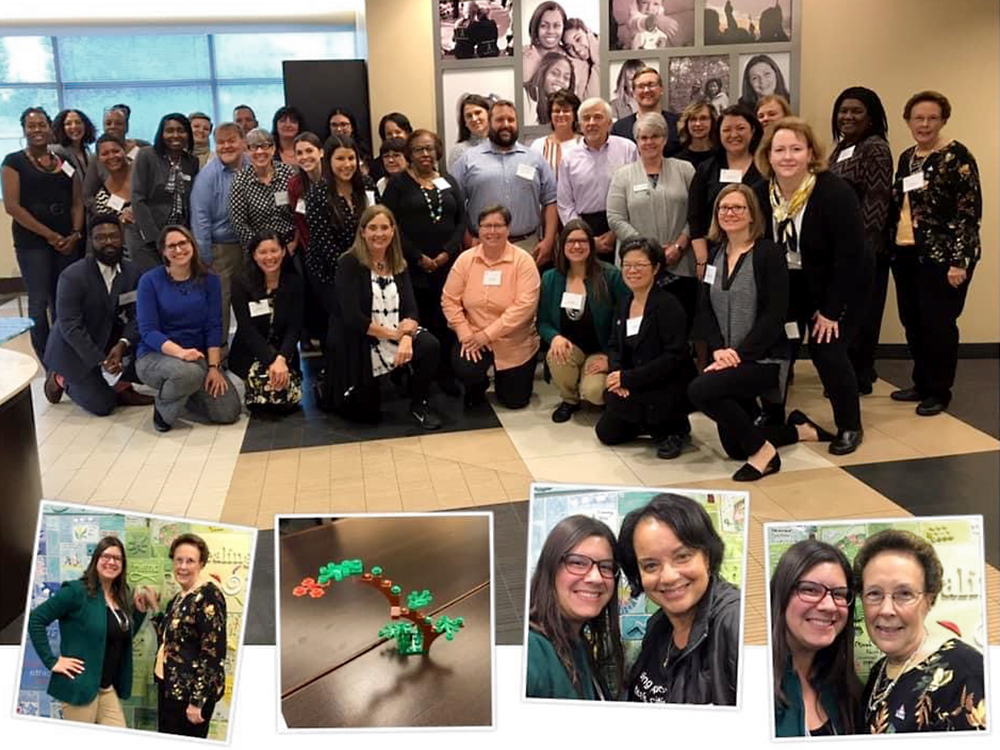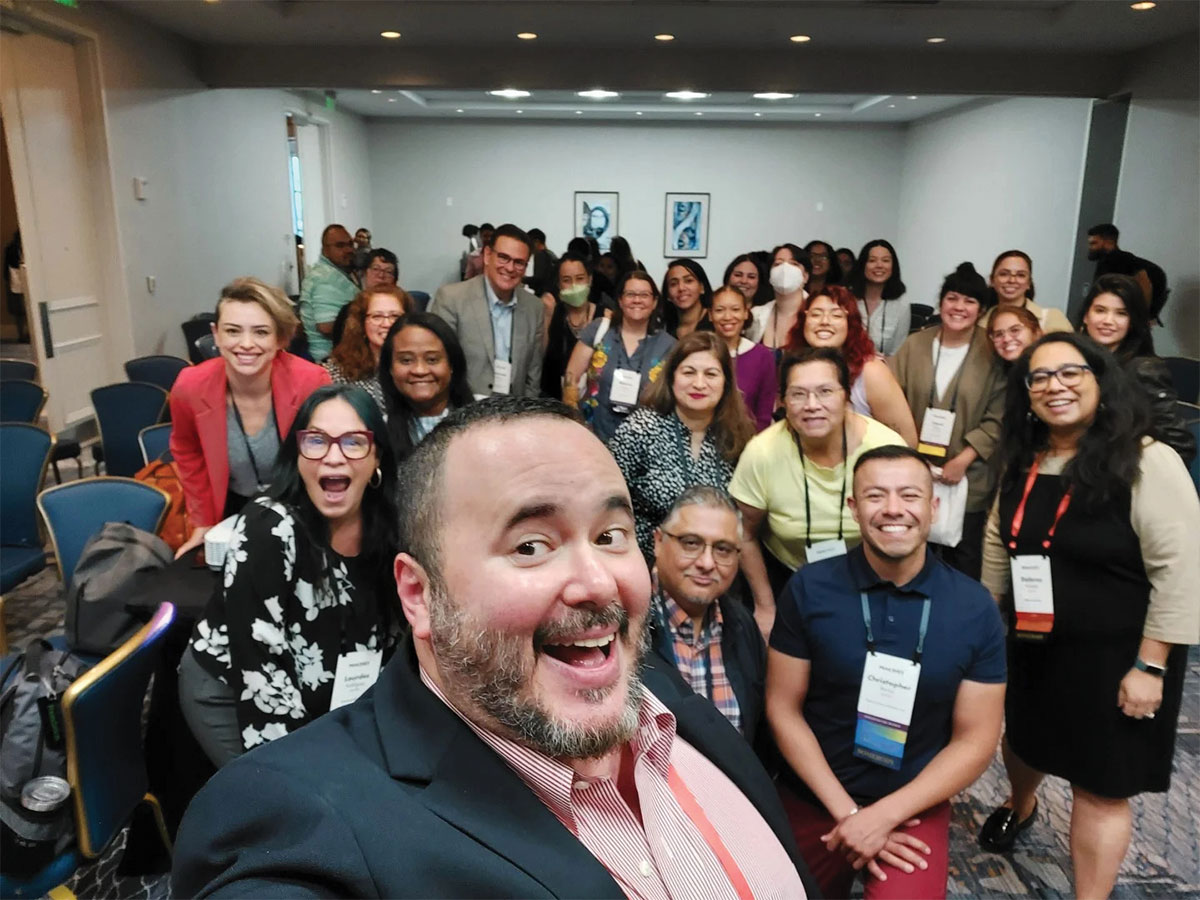
When we decided to create an edition of the Journal that explores the evolution of the grantmaking profession, we reached out to TeQuion Brookins and Lourdes Inga as partners for the endeavor. The insight they bring from their own career journeys have indelibly shaped the stories that follow and we are deeply grateful for their contributions. It’s only fitting that we begin this issue with their unique perspectives. —Satonya Fair and Dolores Estrada
 TeQuion Brookins
TeQuion Brookins
Director of Operations, McGregor Fund
I started my journey into the world of philanthropy back in 2013 with zero prior experience or knowledge of the sector. Within the first month, and with the guidance of the only other person of color at my foundation, I was introduced to PEAK Grantmaking.
Through the relationships I forged early on in my career within my organization, in my community, and through PEAK, I was able to gain critical knowledge and skills that created value for my foundation and the communities it works with. I’ve found there is much power to be gained from building a deep understanding of your organization’s systems and workflows. Flexing this power in ways that move the work forward will have incredible implications for how your leaders recognize and value your contributions.
Finding community and having allies in the workplace is also critical. People of color hold the unique responsibility of shattering barriers and opening doors for future generations of Black and Brown changemakers. Breaking that glass ceiling within a sector created from systemic exploitation of our ancestors and which remains largely dominated by descendents of those oppressors requires allyship at every level. Understanding this and bringing intentionality into your relationships with this in mind is how we can help shape a new, more equitable demographic for foundation leadership.
Also key is knowing that our efforts as grants management professionals to streamline application processes, refine reporting mechanisms, and center racial equity in our information technology system designs are integral to sustaining the momentum of driving social change. We’re often on the front lines of the support our grantees receive and the impressions they hold for not just our own organizations, but foundations in general. That is why we must each recognize and activate the power and responsibility we have to serve wholeheartedly and equitably through our daily work.
I encourage us all to adopt a spirit of humility and service as we lead the next generation of changemaking in philanthropy.
 Lourdes Inga
Lourdes Inga
Executive Director, International Funders for Indigenous Peoples
When I started my career journey in philanthropy, I was fortunate to find PEAK, a community of my peers that facilitates skill-building, knowledge sharing, and network building. As the profession of grants management has evolved, I have seen this network collectively advance big ideas and move from conversation to action.
Thinking about the changes I’ve seen in the sector brings me to reflect on my own professional journey. It’s one that is shaped in part by who I am as an individual, an immigrant who arrived in this country knowing little to no English who later broke away from inherited colonial structures to proudly reclaim my Indigenous identity as Quechua from Peru.
I also write this as someone who has moved from grants management to consulting, to now leading International Funders for Indigenous Peoples (IFIP) which focuses on influencing funders to practice giving based on the four values of Indigenous philanthropy: respect, reciprocity, responsibility, and relationships.
It is not enough for philanthropy to strive to be a participatory and inclusive sector. We should and must use our expertise—regardless of one’s job title—to shift the practice of giving and to work within our institutions to make room for a different form of philanthropy centered in communities and addressing the root causes of inequality in all its forms. This shift can’t happen by working in silos or without collaborating with your peers. Each of us has something to share, offer, and contribute to change philanthropy.
I found my own voice thanks to my PEAK community peers who supported and challenged me as I found my path. Being a part of this community grounded me in my own vision to use my expertise to actively challenge philanthropy’s status quo. The question I now put to you is, How will you engage with your peers so that you learn and support each other to become change agents?
Just as PEAK’s mission aims to transform philanthropy “by elevating the field of grants management and empowering grants management professionals to lead the way in operationalizing equity-centered, values-driven grantmaking practices,” IFIP envisions a just and equitable world where Indigenous Peoples are respected, listened to, and can directly access funding resources to advance self-determined priorities. Grants management professionals can transform the relationship with Indigenous organizations by streamlining and learning how to decolonize grantmaking practices. We still have a way to go to achieve these dreams. I hope you will join us in our plans and work collectively for a more equitable, inclusive, and just future.




